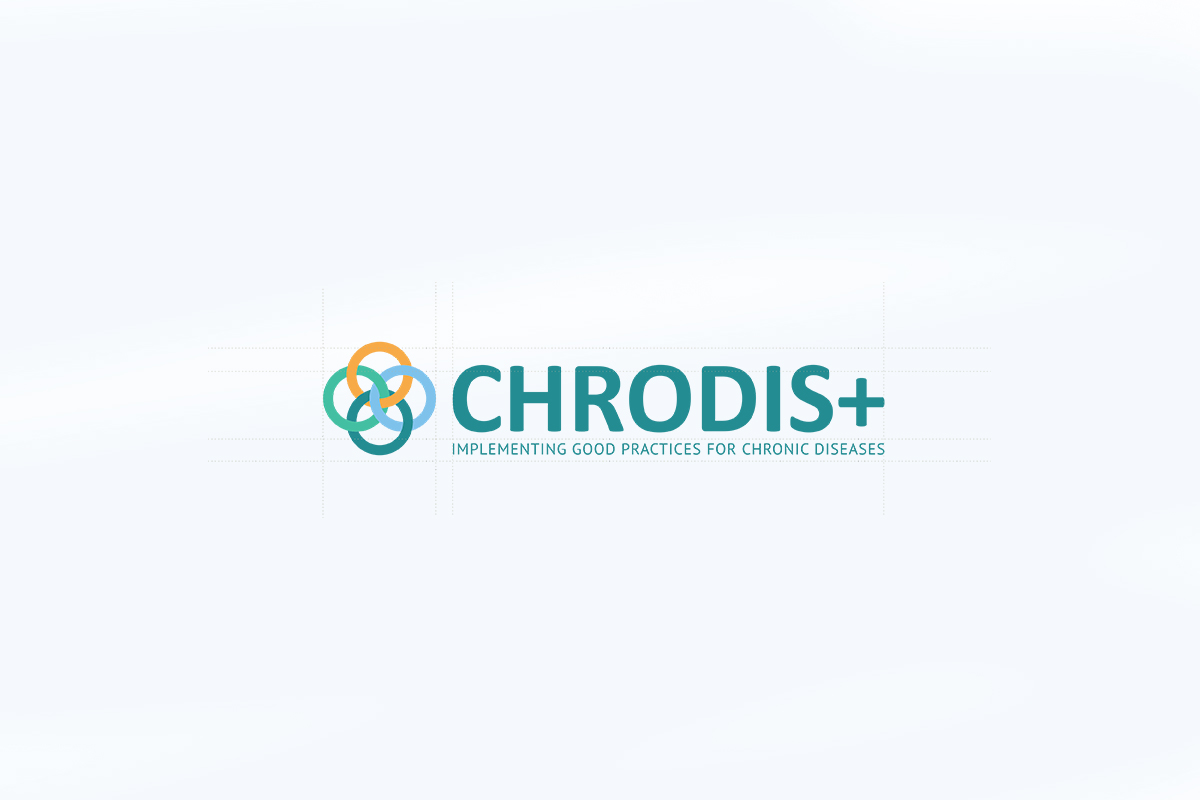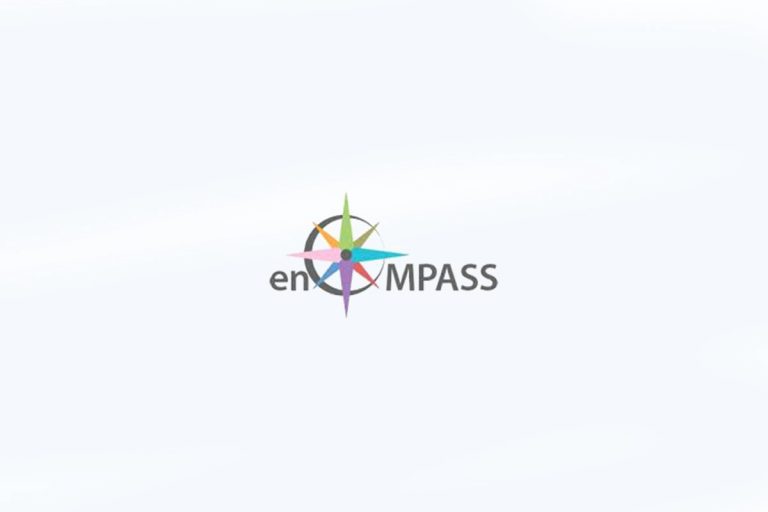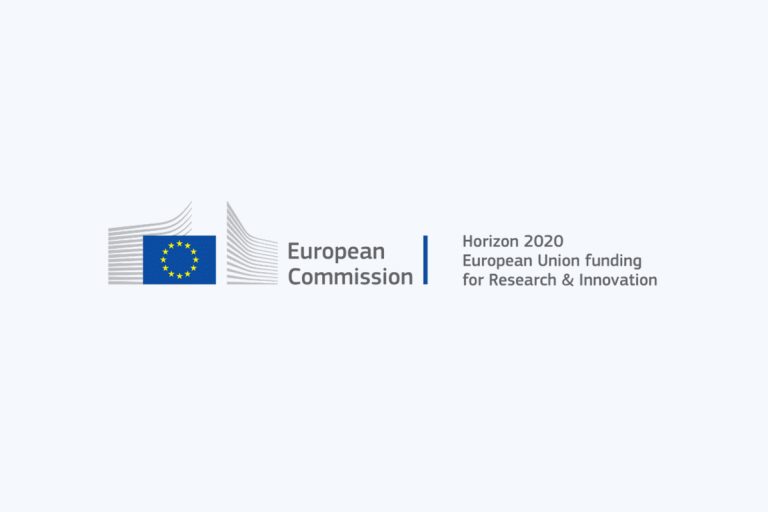
Research Details
- Funding Organization : European Commission
- Funding Programme : HP-JA-2016
- Funding Instrument : Joint Action on chronic diseases
- Duration : 36 months
- Total Budget : 4,999,999 EUR
- ITI Budget : 83,460 EUR
- Scientific Responsible : Dr. Dimitrios Tzovaras
Description
Europe is paying a heavy price for chronic diseases (CD): it has been estimated that CD cost EU economies 115 billion € or 0.8% of GDP annually; and this figure does not include the additional loss in terms of lower employment rates and productivity of people living with chronic health problems. However, the aspiration is a health-promoting Europe, free of preventable CD, premature death and avoidable disability could be possible. Initiatives on CD should build on four cornerstones: health promotion and primary prevention as a way to reduce the burden of CD; patient empowerment; tackling functional decline and quality of life as the main consequences of CD, and making health systems sustainable and responsive to the aging of our populations associated with the epidemiological transition (an increase in incidence of CD and extended life expectancy) whose consequence is an increasing prevalence of CD. In this Joint Action, CHRODIS-PLUS, our goal is to support Member States through cross-national initiatives identified in JA-CHRODIS to reduce the burden of CD, while assuring health systems sustainability and responsiveness. CHRODIS-PLUS aims to promote the implementation of policies and practices with demonstrated success in each of the four cornerstones mentioned, in closely monitored implementation experiences that can be validated before scaling them up. For this, a total of 42 beneficiaries representing 20 European countries will collaborate to implement pilots and generate practical lessons that could contribute to the uptake and use of CHRODIS-PLUS results. Practices to be implemented will be based on the collection of policies, strategies and interventions that started in JA-CHRODIS and in its outputs such as the Integrated Multimorbidity Care Model or the Recommendations for Diabetes Quality criteria or national plans. During the 36-month life CHRODIS-PLUS will disseminate its activities and monitor and evaluate them to verify the progress and impact of the action. CHRODIS-PLUS will look for synergies with international/regional/local policy initiatives in CD. CHRODIS-PLUS will count on the Governing Board of representatives from European Ministries of Health, key to CHRODIS-PLUS development and sustainability, an Executive Board and a General Assembly where all associated partners will gather. A proposal for the EU added value of cross-country collaboration in the field of CD and the sustainability of the results from JA-CHRODIS and CHRODIS-PLUS beyond 2020, when this project ends, will be approved.
Consortium
- INSTITUTO DE SALUD CARLOS III (ISCIII) – Spain
- ASOCIACION CENTRO DE EXCELENCIA INTERNACIONAL EN INVESTIGACION SOBRE CRONICIDAD (KRONIKGUNE) – Spain
- HRVATSKI ZAVOD ZA JAVNO ZDRAVSTVO (CIPH) – Croatia
- INSTITUT NATIONAL DU CANCER GIP (INCa) – France
- TECHNISCHE UNIVERSITAET DRESDEN (TUD) – Germany
- UNIVERSITAET ULM (UULM) – Germany
- KLINIKUM DER UNIVERSITAET REGENSBURG (UHREG) – Germany
- ARISTOTELIO PANEPISTIMIO THESSALONIKIS (AUTH) – Greece
- Orszagos Onkologiai Intezet (OOI) – Hungary
- OTTO-VON-GUERICKE-UNIVERSITAET MAGDEBURG (OVGU) – Germany
- ETHNIKO KENTRO EREVNAS KAI TECHNOLOGIKIS ANAPTYXIS (CERTH) – Greece
- EMBAETTI LANDLAEKNIS (DOHI) – Iceland
- HEALTH SERVICE EXECUTIVE HSE (HSE) – Ireland
- INSTITUTE OF PUBLIC HEALTH IN IRELAND LIMITED (IPH) – Ireland
- AZIENDA SANITARIA LOCALE TO3 (ASL TO3) – Italy
- FORUM EUROPEEN DES PATIENTS (FPE) (EPF) – Luxembourg
- FONDAZIONE IRCCS ISTITUTO NEUROLOGICO CARLO BESTA (FINCB) – Italy
- ISTITUTO SUPERIORE DI SANITA (ISS) – Italy
- LIETUVOS SVEIKATOS MOKSLU UNIVERSITETO LIGONINE KAUNO KLINIKOS (KAUNO KLINIKOS) – Lithuania
- HIGIENOS INSTITUTAS (HI) – Lithuania
- Ministry for Health – Government of Malta (MFH) – Malta
- RIJKSINSTITUUT VOOR VOLKSGEZONDHEID EN MILIEU (RIVM) – Netherlands
- FACULTY OF MEDICINE, UNIVERSITY OF BELGRADE (UBEO) – Serbia
- INSTITUT ZA JAVNO ZDRAVLJE SRBIJE ‘MILAN JOVANOVIC – BATUT’ (IPHS) – Serbia
- MINISTERSTVO ZDRAVOTNICTVA SLOVENSKEJ REPUBLIKY (MoH SK) – Slovakia
- NACIONALNI INSTITUT ZA JAVNO ZDRAVJE (NIJZ) – Slovenia
- AGENCIA DE QUALITAT I AVALUACIO SANITARIES DE CATALUNYA (AQUAS) – Spain
- CONSEJERIA DE SALUD DE LA JUNTA DE ANDALUCIA (CSJA) – Spain
- CONSEJERIA DE SANIDAD DE CANTABRIA (CSC) – Spain
- INSTITUTO ARAGONES DE CIENCIAS DE LA SALUD (IACS) – Spain
- MINISTERO DELLA SALUTE (MoHIT ) – Italy
- SEMMELWEIS EGYETEM (SU) – Hungary
- VIESOJI ISTAIGA VILNIAUS UNIVERSITETO LIGONINE SANTAROS KLINIKOS (VULSK) – Lithuania
- VLAAMS GEWEST (VL O) – Belgium
- NATSIONALEN CENTAR PO OBSHTESTVENO ZDRAVE I ANALIZI (NCPHA) – Bulgaria
- EUROHEALTHNET ASBL (EHNet) – Belgium
- TERVEYDEN JA HYVINVOINNIN LAITOS (THL) – Finland
- VILNIAUS UNIVERSITETAS (VU) – Lithuania
- MINISTERIO DA SAUDE – REPUBLICA PORTUGUESA (MS) – Portugal
- SERVICE PUBLIC FEDERAL SANTE PUBLIQUE, SECURITE DE LA CHAINE ALIMENTAIRE ET ENVIRONNEMENT (BHTC) – Belgium
- UNIVERSITA CATTOLICA DEL SACRO CUORE (UCSC) – Italy
- NARODOWY INSTYTUT GERIATRII REUMATOLOGII I REHABILITACJI IM.PROF.DR HAB. MED. ELEONORY REICHER (NIGRiR) – Poland



